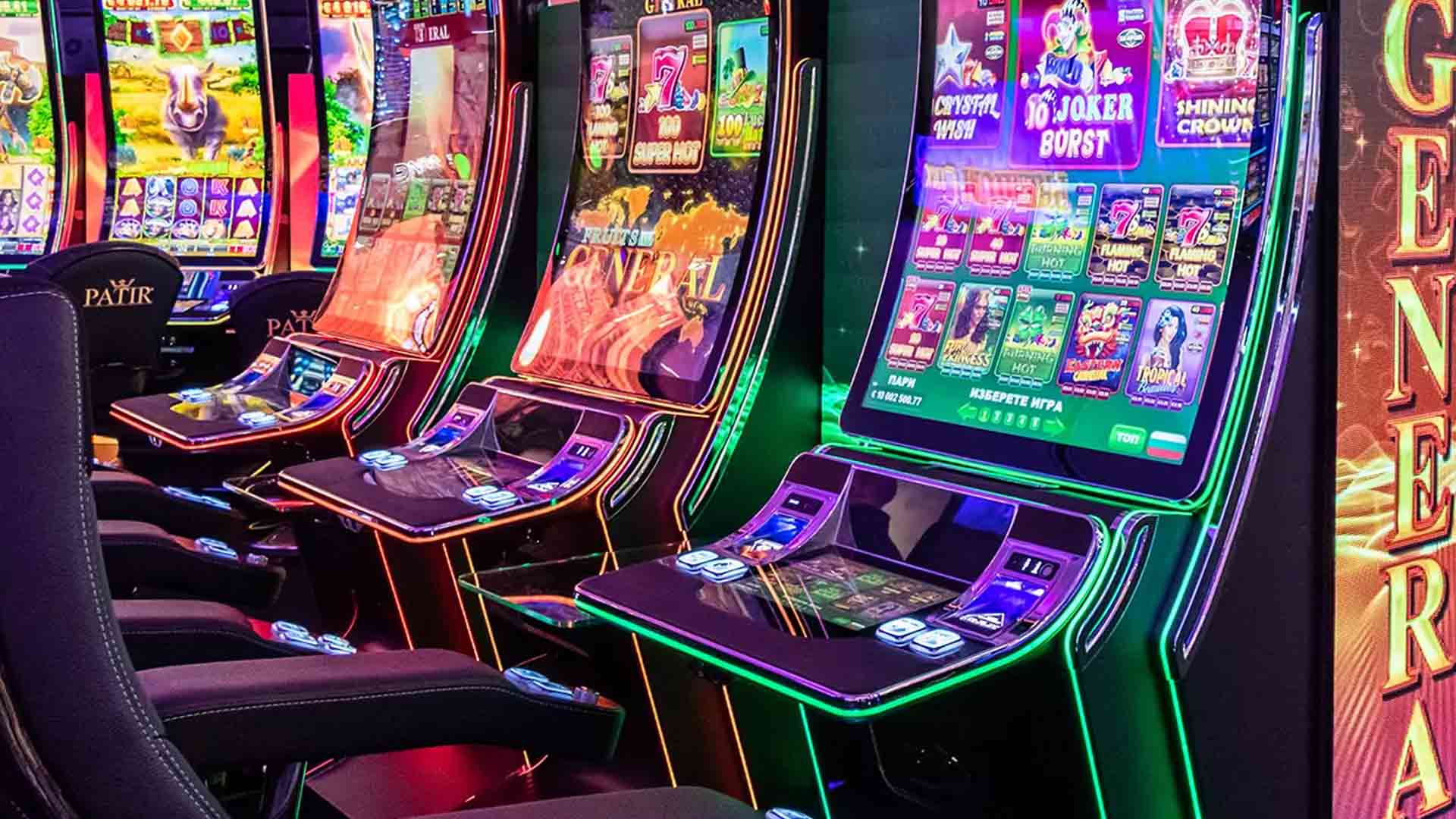From Smoke-Filled Rooms to Digital Casinos

From Smoke-Filled Rooms to Digital Casinos: The Evolution of Gambling
The world of gambling has undergone a monumental transformation. Once confined to dimly lit, smoke-filled rooms and clandestine back alleys, it has blossomed into a multi-billion dollar industry, accessible at the click of a button. This evolution, driven by technological advancements and shifting societal attitudes, paints a fascinating picture of how human entertainment and risk-taking have adapted to the digital age. This article explores the journey from the physical to the virtual, analyzing the key factors behind this dramatic shift and its implications for players and the industry alike.
The Dawn of Brick-and-Mortar Gambling
For centuries, gambling was a physical affair. Casinos, whether lavish establishments or modest backrooms, were the primary hubs of activity. These spaces were often characterized by their exclusivity, catering to a specific clientele and controlled by powerful figures. Games like poker, blackjack, and roulette were played under the watchful eye of dealers and pit bosses, with cash changing hands in a tangible, physical exchange. The atmosphere was often steeped in mystique, a blend of excitement, tension, and the allure of potential riches.
The rise of land-based casinos was intrinsically linked to local economies and regulations. Certain cities, like Las Vegas and Macau, became synonymous with gambling, benefiting from the tourism and revenue it generated. However, the geographical limitations and the operational costs associated with these establishments meant that access to gambling was restricted, both in terms of location and financial commitment. The physical presence of casinos also came with associated risks, including security concerns, travel expenses, and the social stigma often attached to the activity.
The Digital Revolution: Entering the Online Casino Era
The advent of the internet fundamentally altered the landscape of gambling. Online casinos emerged, offering a virtual alternative that transcended geographical boundaries and physical limitations. Suddenly, players could access a vast array of games, from slots and poker to sports betting and live dealer experiences, from the comfort of their own homes, at any time of day or night. This accessibility fueled an unprecedented boom in the industry, drawing in a global audience eager to experience the thrill of gambling without the constraints of traditional venues.
The advantages of online casinos were immediately apparent. They offered convenience, a broader game selection, competitive odds, and attractive bonuses and promotions. Furthermore, the digital format allowed for greater transparency and data analysis, providing players with insights into their game play and the probabilities of winning. This level of accessibility and information empowered players in ways that were previously unimaginable.
Key Drivers of Growth in the Online Gambling Market
Several factors have propelled the rapid expansion of the online gambling market. Firstly, technological advancements, including faster internet speeds, improved mobile technology, and sophisticated software, have created a seamless and immersive user experience. The introduction of mobile gambling apps allowed players to gamble on the go, further enhancing accessibility and convenience.
Secondly, regulatory changes in various jurisdictions have played a crucial role. The legalization and regulation of online gambling in several countries have created a more secure and transparent environment, encouraging both players and operators. This, in turn, has attracted significant investment and fostered innovation within the industry.
Thirdly, the increasing popularity of e-sports and online streaming has created new avenues for gambling. Many online casinos now offer betting options on e-sports tournaments and integrate live streaming functionalities, further diversifying the entertainment options and engaging a wider audience. This synergistic relationship between entertainment and gambling is a defining feature of the modern online casino experience.
The Future of Gambling: Navigating the Digital Landscape
The future of gambling is undoubtedly digital. As technology continues to evolve, we can expect even more immersive and interactive experiences. Virtual reality (VR) and augmented reality (AR) technologies hold the potential to revolutionize the way players interact with online casinos, blurring the lines between the physical and the virtual. Blockchain technology and cryptocurrencies are also poised to play a significant role, offering increased security, transparency, and new payment options.
However, the rapid growth of the online gambling industry also presents challenges. Responsible gambling and player protection are paramount concerns. Operators are increasingly focused on implementing measures to prevent problem gambling, including age verification, deposit limits, self-exclusion tools, and providing access to support services. Maintaining a fair and transparent gaming environment is crucial to preserving the integrity of the industry and building trust with players.
In conclusion, the journey from smoke-filled rooms to digital casinos represents a remarkable transformation. While land-based casinos still hold a place in the gambling ecosystem, online platforms have redefined accessibility, convenience, and the overall experience. The evolution continues, with technology constantly reshaping the industry. For those seeking a thrilling and accessible gambling experience, explore this exciting world at link m88 slot, and enjoy the variety of games and entertainment available.
```